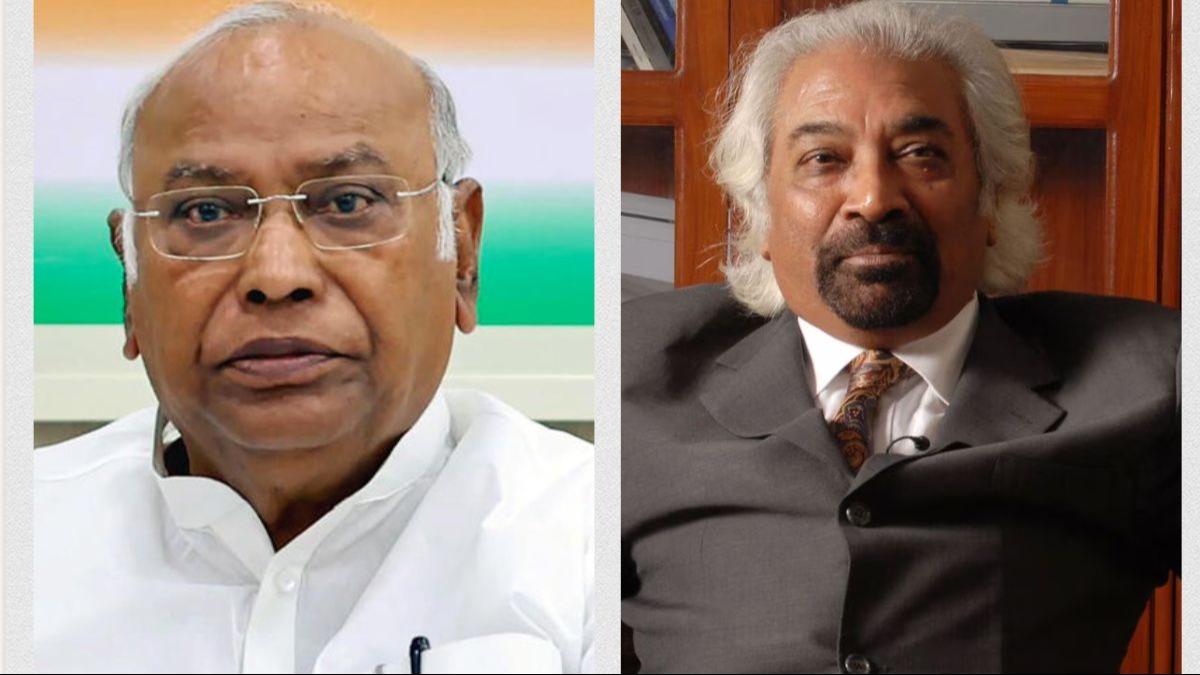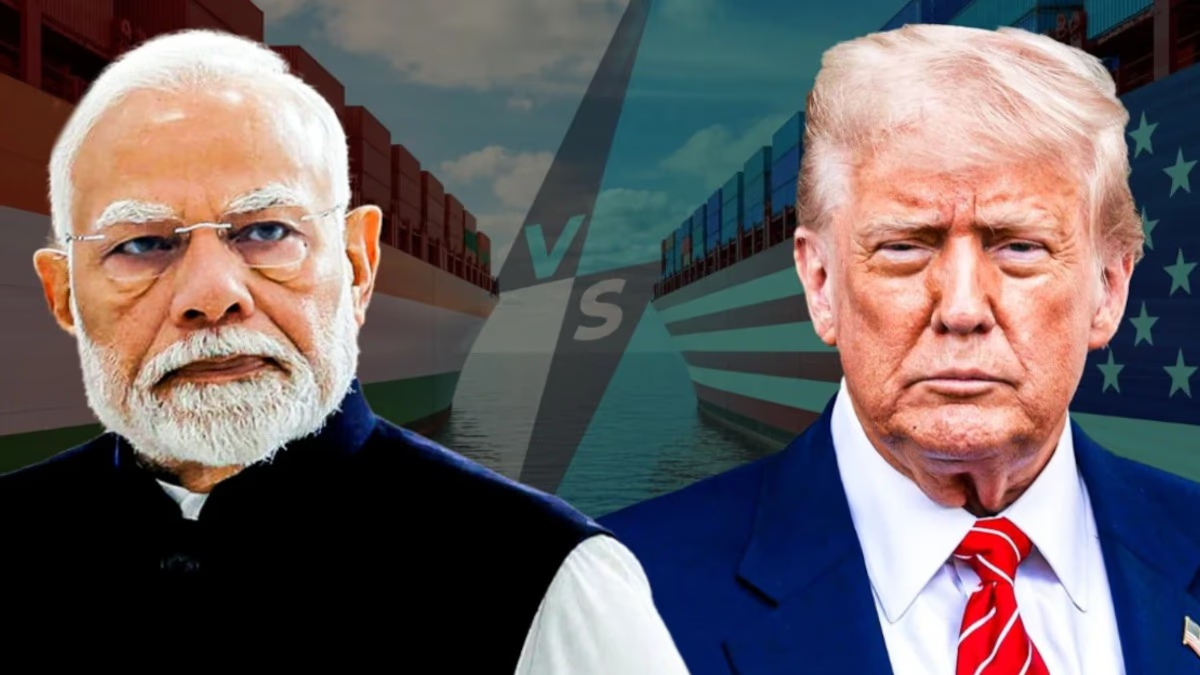The statement on legacy tax by Indian Overseas Congress President Sam Pitroda has sparked a new debate. Pitroda pointed out the intriguing law of inheritance tax in the United States and expressed that such discourse is absent in India but worthy of discussion. This comment has put the BJP on the offensive while Congress has stepped up to defend Pitroda.
Congress President Mallikarjun Kharge emphasized the constitutionality of our country, negating any such intentions, and accusing BJP of playing vote politics.
Jairam Ramesh stated that democracy allows everyone to engage and voice their personal views but made it clear that Pitroda's opinions don't always align with the Congress party. He accused the BJP and media of sensationalizing Pitroda's comments to divert attention from Prime Minister Modi's allegedly malicious election campaign.
UP Congress President Ajay Rai remarked on how people's possessions, including rings and mangalsutras, were seized during demonetization, contrasting Congress' respect for the populace and how people have been impoverished during BJP's tenure.
Pawan Khera of Congress questioned if the party had announced such a policy or mentioned it in their manifesto and defended the right to discuss various ideas and issues.
Addressing the controversy, Pitroda clarified that his reference to the US's legacy tax was during a casual conversation, arguing that he has the right to discuss facts. He stated that his remarks were twisted to distract from the falsehoods being spread by the Prime Minister about the Congress manifesto.
Pitroda asked if anyone had stated that such a law should be introduced in India or who had claimed that 55% of property would be seized? He questioned why BJP and media are scared.
When questioned about Rahul Gandhi's recent statement on assessing properties post-elections, Pitroda mentioned the Estate Tax in the US, where after death, a percentage of wealth transfers to the children and the rest to the government. He found this legislation intriguing because it suggests people should leave part of their wealth for the public. However, he acknowledged, there's no such law in India.
Pitroda sees the value in discussions that serve the public interest rather than just the affluent, yet remains uncertain of the outcomes. He advocates discussing new policies and programs beneficial to all.




